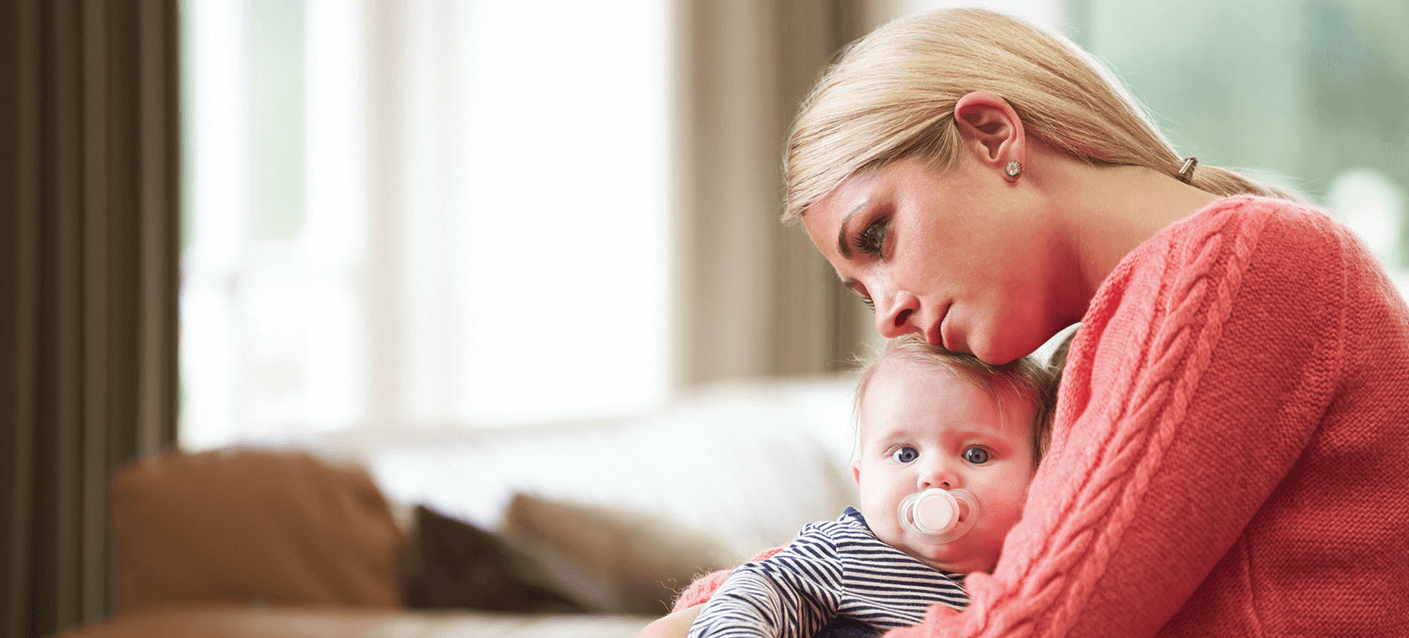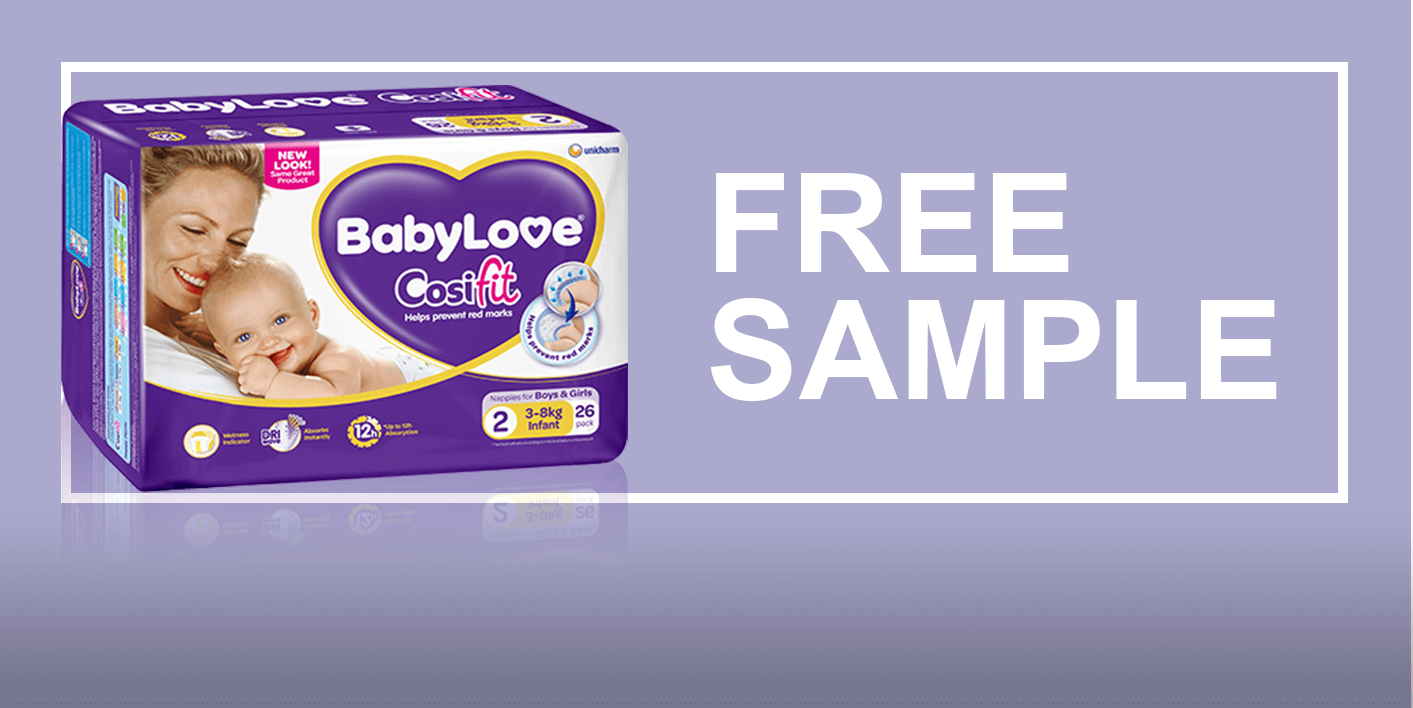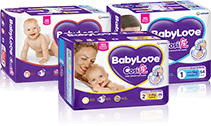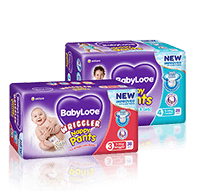Postpartum Depression Symptoms – What is PPD?

Postpartum Depression is a type of clinical depression that affects new mothers, typically after the birth of their baby. Postpartum depression can, however, begin in the weeks after or during pregnancy. It can sometimes be hard to tell the difference between clinical depression and normal stress and exhaustion that comes with a newborn. PPD, however, refers to a state of mind and body where feelings of despair and sadness become so overwhelming that they prevent you from doing daily tasks and interfere with your everyday life. After pregnancy, your body loses all the high levels of estrogen and progesterone it had during pregnancy. These hormonal changes can greatly impact many mums and lead to PPD or PPA.
Some of the symptoms of PPD include:
• An intense feeling of sadness, hopelessness and emptiness.
• Uncontrollable and frequent crying.
• Lack of motivation or interest.
• Inability to enjoy usual activities or hobbies.
• Difficulty falling asleep at night or staying awake during the day.
• Unintentional weight loss or weight gain.
• Complete loss of appetite or overeating.
• Difficulty making decisions or concentrating.
• Feelings of worthlessness or that life is not worth living.
• Unexplainable feelings of overriding guilt.
• Being uninterested in your baby or feelings that you do not love your baby.
• Isolating yourself.
Postpartum Anxiety & OCD – the difference between Postpartum depression and postpartum anxiety.
Frequently, women who suffer from postpartum depression, also experience symptoms of postpartum anxiety. In the muddled-up mess of emotions and feelings, it is sometimes difficult to classify which emotional experience fits into which category of postpartum disorders. In order to get the correct and also the best treatment, it is important to know what you’re dealing with and why. Postpartum anxiety is recognised by feelings of extreme generalised anxiety and continued feelings of worry, tension and the inability to relax. Although postpartum depression and postpartum anxiety have very similar symptoms, PPD can have much longer lasting effects. General PPA typically disappears after a few weeks, and the symptoms include:
– Anxiety and urge to run away from stressful issues or elements in your life.
– Sudden and temporary body aches.
– Temporary moments of anger, sadness, irritability and depressive thoughts and feelings.
– Feelings of loneliness and isolation.
Although PPA and PPD share similar symptoms, postpartum depression’s symptoms last much longer and are more severe and intense.
Risk Factors for PPD
• A family history of Postpartum Depression.
• A history of mental illness in you or your family could make you genetically susceptible.
• Your body’s internal make-up could be more sensitive to hormonal changes.
• A traumatic pregnancy or birth.
• A traumatic childhood.
• Unresolved emotional trauma.
• Lack of a social support group.
• Stress.





